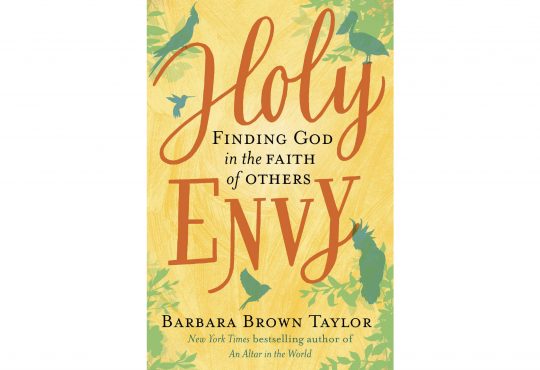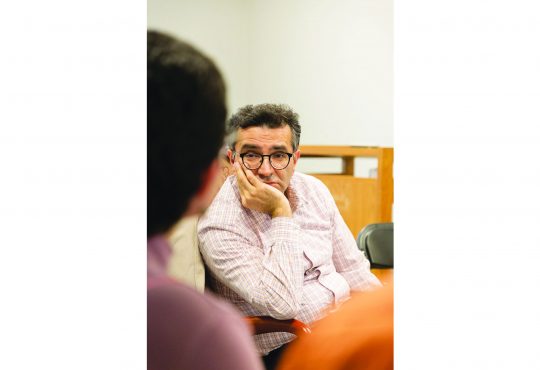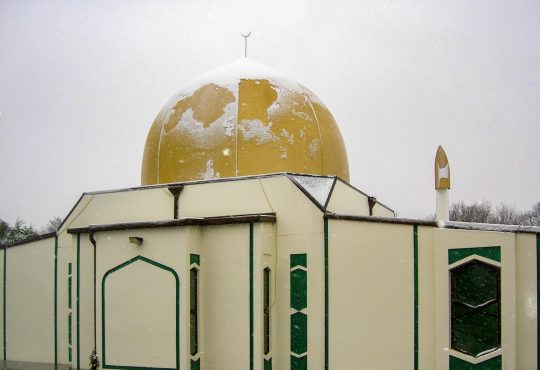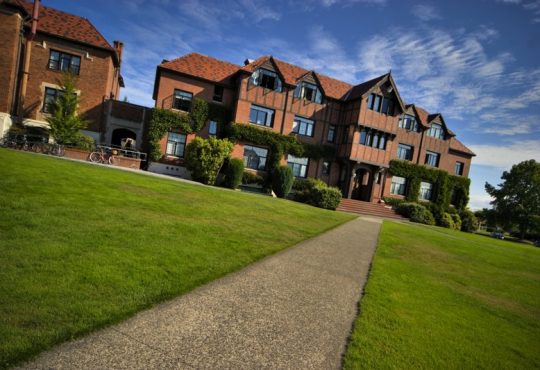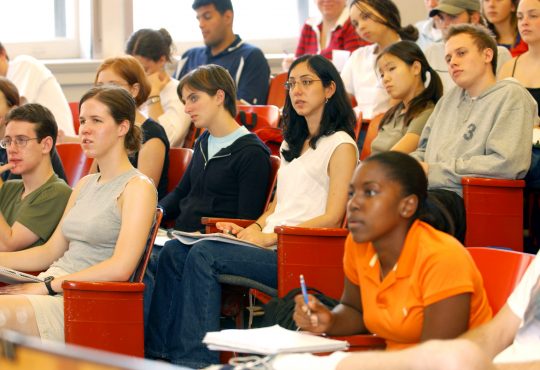The University of Puget Sound offers many resources to students, including the ability to take part in spiritual and religious life on campus. While the perception is that our student population is not particularly religious, the amount of ongoing support that religious clubs and programs receive is commendable.
Alissa Charvonia, co-president of the Jewish student club Hillel, is proud of the work her club has done.
“Events have gotten a lot more accessible,” Charvonia said.
Dave Wright, University Chaplain and Director of Spirituality, Service & Social Justice, commented on the topic.
“We’re a private, non-religious liberal arts college in one of the most secular parts of the country… so, this argument goes, we are culturally inclined to be less religiously observant,” Wright said.
Although we may be less religiously observant, Wright and his colleagues believe it is important for students to have access to religious and spiritual resources in case students are ever interested in doing their own exploration in a safe and inviting space.
“On the institutional level, our office offers limited budgetary support for student groups that are trying to get started but are not able to meet size requirements for ASUPS support,” Wright said. “We also provide significant support to bringing speakers, events, experiences and so on that offer the general student population the chance to learn about, experience or explore different religious, spiritual, ethical or cultural traditions.”
Wright and his colleagues put a lot of effort into making different voices heard by putting on events that discuss many different religions.
Louisa Raitt, President of Lighthouse, a Christian student club on campus had a lot to say on the subject.
“If students want a space for religious practice and support, the resources at this school are at the very least able to point students in the right direction,” Raitt said.
She continued, “In the past, students have joined us [Lighthouse] to complete an experiential learning assignment for Religion Department courses and been pleasantly surprised by how they were welcomed and invited to join in as much or as little of the process as they felt comfortable.”
As college is a time for self-exploration, taking part in different religious events and services can be beneficial to all students.
Despite all the effort put forth by different members of the campus community, there is still work to be done. The campus climate survey in 2012 revealed religion to be one of the five areas in which students experience the most negative impact during their time on campus.
“Many of these reported instances are very microaggressive in nature, often in the form of snide comments or jokes from peers, staff, or faculty—but are still very impactful. Many of the clubs are very hospitable to students who are just curious, and I always frame any tradition-specific services or events that I offer as places where anyone is welcome to observe or participate as is comfortable or appropriate for their own spiritual identity,” Wright said.
Since Puget Sound is such a small school, it is really up to all of us to speak out and tell people what we want. Wright is always happy to talk to see what’s missing or what we might better support. Email is the most reliable way to get a quick response, but students can also email cice@pugetsound.edu to schedule an appointment to talk in person.
While we may not have a large religious population on campus, the people involved in religious and spiritual life truly care about creating a warm and welcoming environment to students of all backgrounds. Therefore, if at any time during a Puget Sounds student’s college experience they want to participate in religious or spiritual life, there is a welcoming community with many resources right on campus.

